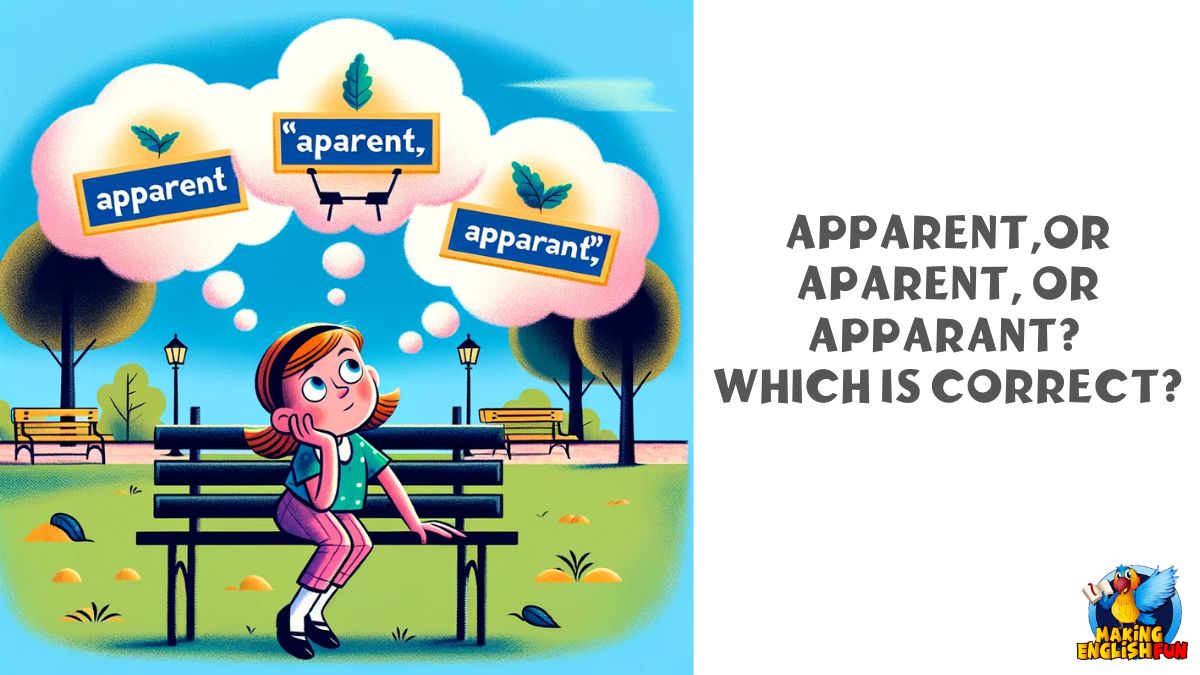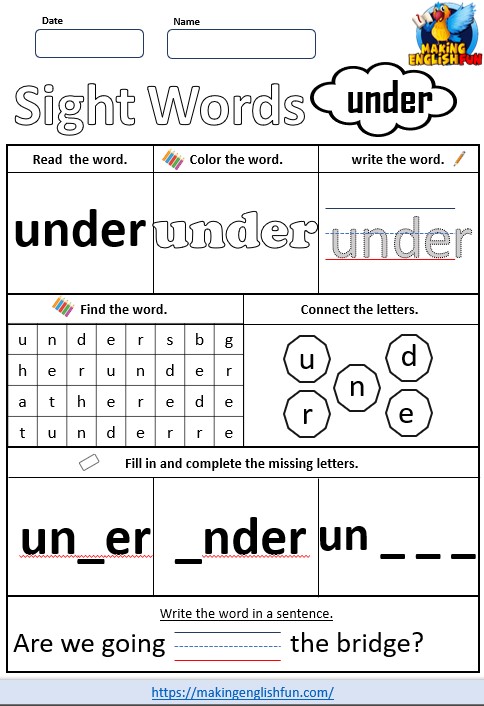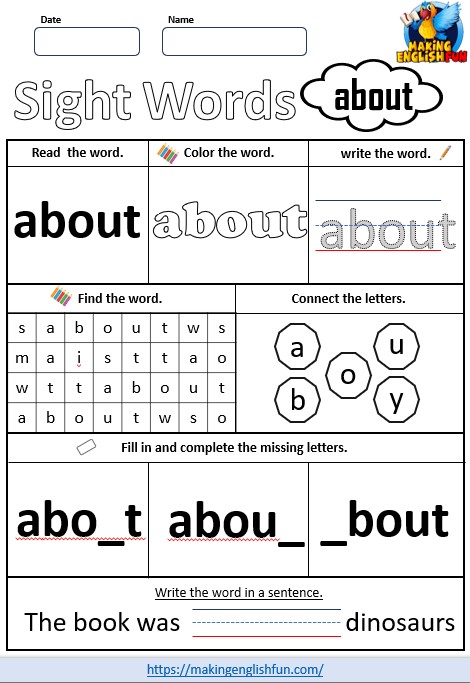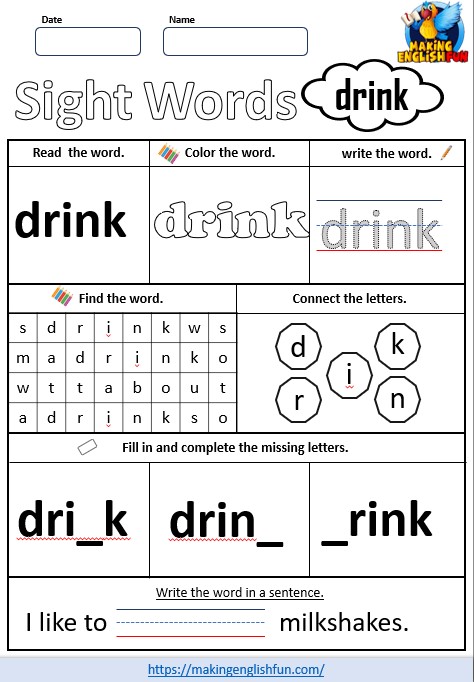Apparent, Aparent, or Apparant? Which Is Correct?
Working out the correct spelling between “Apparent,” “Aparent,” and “Apparant” is a common challenge in English.
This confusion can be a hurdle in both written and verbal communication, as the word is frequently used in various contexts. “Apparent” is often employed to describe something that is clear, obvious, or readily understood.
This article will explore the correct spelling of this frequently used word and provide guidance to help you remember and use it correctly.

Correct Spelling and Definition
The correct spelling is “Apparent,” with two ‘p’s and one ‘r’.
“Apparent” means clearly visible or understood; obvious. For instance, in the sentence,
“The solution became apparent after careful study,”
the word suggests that the solution was clearly recognized or understood.
Common Spelling Errors: Aparent and Apparant
The misspellings “Aparent” and “Apparant” are common but incorrect.
These errors may arise from mishearing the word or misunderstanding its structure.
However, the correct spelling, “Apparent,” with two ‘p’s and an ‘r’, reflects both its pronunciation and its etymology.
Etymology and Historical Development
“Apparent” derives from the Latin word “apparens,” the present participle of “apparere,” which means “to appear” or “to become visible.”
This origin is reflected in the meaning of “apparent” as something obvious or easily perceived.
The double ‘p’ in “Apparent” can be traced back to its Latin roots, highlighting the importance of historical linguistic influences in English spelling.
Usage in Different Contexts
“Apparent” is used in various contexts to describe something that is clear or obvious.
- In a literal sense, you might say, “The signs of wear and tear were apparent on the old furniture,” indicating that the signs were clearly visible.
- In a more figurative context, “His happiness was apparent from his smile,” the word conveys the obviousness of his emotional state.
Understanding the diverse applications of “apparent” can enhance your ability to use it appropriately in different sentences.
Comparison with Other Common Spelling Confusions
The confusion around “apparent” is not unique in English.
For instance, “necessary” (often misspelled as “neccessary”) and “occurred” (frequently misspelled as “occured”) are also common areas of spelling error.
Here’s a quick comparison table:
| Correct Spelling | Common Incorrect Spelling |
|---|---|
| Apparent | Aparent, Apparant |
| Necessary | Neccessary |
| Occurred | Occured |
This comparison highlights the frequent issue of double letters and similar sounding vowels in English spelling.
We also have many more spelling tips for these easily confused words here on the site and you can follow the links to learn more.
Tips for Remembering the Correct Spelling
To remember the correct spelling of “Apparent,” think of the phrase “A PPle ARent.” This mnemonic links the double ‘p’ in “apple” and the ‘ar’ in “arent” (a playful twist on ‘aren’t’) to the spelling of “Apparent.”
Such word associations can be quite effective in retaining the correct spelling. Additionally, frequent use of the word in writing and conversation will help cement its proper form in your memory.
Conclusion
The correct spelling of this often-used word is “Apparent,” with two ‘p’s and one ‘r’.
Recognizing and memorizing the correct spelling is essential for clear and accurate communication.
Spelling might seem like a minor detail, but it plays a significant role in ensuring your message is understood as intended.
FAQs or Reader Questions
Q1: Why do some English words have double letters like in “Apparent”?
Double letters in English often arise from the word’s etymology or the rules of word formation, like when adding suffixes. They can also indicate a change in pronunciation or serve to distinguish between words.
Q2: How can I improve my spelling of commonly confused words?
Regular reading, writing practice, and using language tools like spelling games and apps can enhance your spelling. Learning about word origins and patterns in English spelling can also be very helpful.
Q3: Are spelling errors a big concern in everyday communication?
In informal communication, minor spelling errors are usually not a big concern. However, in formal, academic, or professional settings, correct spelling is crucial for clarity and credibility.
Q4: Can understanding the meaning of a word help with its spelling?
Yes, understanding a word’s meaning, along with its context of use, can often aid in remembering its spelling, as it creates a more comprehensive and connected understanding of the word.
Q5: Does English have more spelling inconsistencies than other languages?
English does have a reputation for spelling inconsistencies, largely due to its history of borrowing words from various languages. This results in a language rich in vocabulary but with complex spelling patterns.







